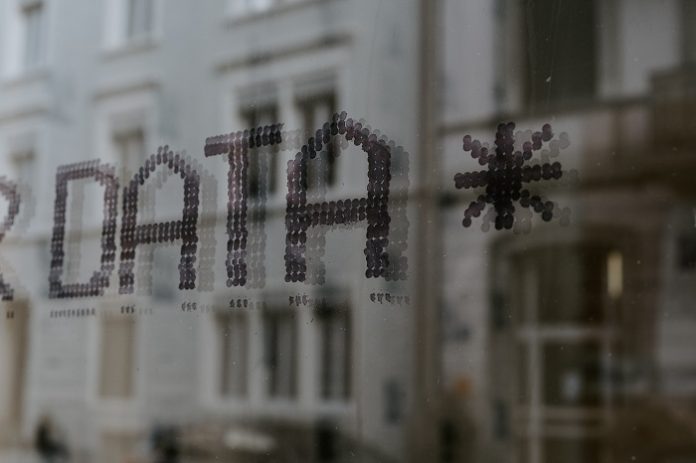
The Editors Guild of India has expressed concern over what it called “draconian provisions” in the Press and Registration of Periodicals Bill, 2023, and urged the Lok Sabha Speaker to refer it to a Parliamentary Select Committee. The Guild also took serious note of the Digital Personal Data Protection Bill 2023, which it said an have an adverse impact on press freedom.
The Press Bill, which replaces the existing Press and Registration of Books Act, 1867 (PRB), was passed in the Rajya Sabha by a voice vote on August 3.
In its statement, the Guild said the new legislation “widens the powers of the state to have more intrusive and arbitrary checks” of publications.
“Though the ‘Statement of Objects and Reasons’ mentions that the ‘proposed legislation is based on the spirit of upholding media freedom and ease of doing business,’ in effect the new bill in fact widens the powers of the State to have more intrusive and arbitrary checks into the functioning of newspapers and magazines than the existing law had,” the Guild said.
The Guild said it is concerned about the expansion of powers of the Press Registrar, the new restrictions on citizens to bring out periodicals, the continuation of power to enter premises of news publications, the vagueness inherent in many of the provisions, and the ambiguity surrounding power to frame rules can have adverse implications on press freedom.
The statement said that the new Bill allows government agencies other than the press registrar to conduct its functions, which could even include police and other law enforcement agencies, and called the move “deeply distressing”.
The journalists’ body pointed out that Sections 4(1) and 11(4) of the Bill allow the government to deny the right to bring out a periodical, to persons convicted of “terrorist act or unlawful activity” or “for having done anything against the security of the State”.
“Given the liberal and arbitrary use of UAPA, as well as other criminal laws, including Sedition, against journalists and media organizations to suppress freedom of speech, the Guild is deeply concerned by the introduction of these new provisions, and the way they can be misused to deny the right to bring out news publications to persons who are critical of governments,” the statement said.
It also criticized the continuation of the government’s power to enter premises of news organizations, calling it “excessively intrusive”.
Section 19 of the Bill gives the Union government powers to frame rules under which news publishing is to be done in India. The statement cited the example of IT Rules 2021, and the latest amendments made to it regarding “setting up of a ‘fact checking unit’ with sweeping powers to order content take down” and urged that such rules be clearly defined in the act and not be left to the discretion of a future government or authority.
The Guild said that emphasis of the registrar and the Bill should remain on ‘registration’ and not ‘regulation’, as the latter could potentially restrict press freedom.
The statement was signed by its president Seema Mustafa, general secretary Anant Nath, and treasurer Shriram Pawar.
Digital bill
On the digital bill, the Guild said that the Bill, “ostensibly to promote data protection, has failed to make any provisions that bring about the surveillance reform that is urgently needed. And in fact, it creates an enabling framework for surveillance of citizens, including journalists and their sources.”
“We are deeply concerned about the lack of exemptions for journalists from certain obligations of the law, where the reporting on certain entities in public interest may conflict with their right to personal data protection. The Justice Srikrishna Committee report had noted that ‘If journalists were made to adhere to the grounds of processing personal data, it would be extremely onerous for them to access information’, and that ‘mandating grounds of processing like consent would mean that accounts that are unfavourable to the data principal would simply not get published.’ It had thus provided a framework for a balance between personal data protection and public interest, which we note is missing from the current bill. This will lead to a chilling effect on journalistic activity in the country,” the Guild said.















